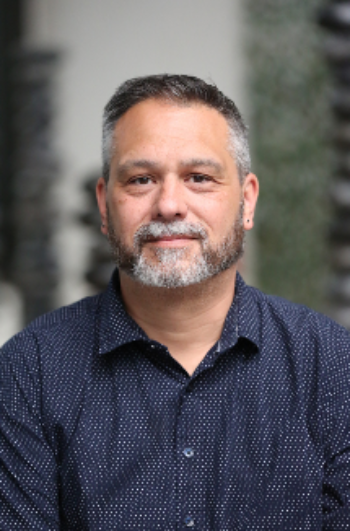Kerri Malloy
 |
Assistant Professor
Keywords |
Current Research Activities
I interrogate the need for systemic change in social structures that were complicit in mass violence and genocide and the promotion of transitional justice in response to human rights violations through judicial and political reform. Guiding this line of inquiry is the question, is it feasible for systemic structures that were complicit in the promotion and commission of mass violence and genocide and have not transformed to encourage transitional justice and healing in deeply divided societies? From the perspective of critical Indigenous studies, the extent to which transitional justice is possible without the regime change of the settler-colonial systemic educational and governmental structures is in question. Although regime change may have positive implications for transitional justice, it also poses negative consequences in the strategic calculus for genocide and mass atrocity, particularly for states anxious to secure their sovereignty from threats from within, either real or imagined.
Research Connections to Current Events
My work illuminates and informs current events and issues by providing a background and context for genocide and mass atrocities occurring in the world and framing the impact of political, social, and economic events on Indigenous communities in the United States. The connections between my research and what is occurring in the world are bringing to the forefront the history and processes that lead to outbreaks of genocide and mass atrocities and how the erosion of tribal rights influences the restriction and stripping of fights from the broader American citizenry.
Personal Connections to Research
Genocide was not a word that I was familiar with growing up, though I was continuously exposed to its processes and aftermath. Being born into a Native American family means learning about genocide at a personal level from the second that you can understand the language. Hearing about experiences at government-run boarding schools, conversations about the land taken by force, and having a different relationship with the United States federal government than most other children set me apart and influenced how I saw the world. Living as a descendant of those who survived genocide meant that for me to be alive, someone had to die – that realization spurred an interest in the darkest aspects of humanity.